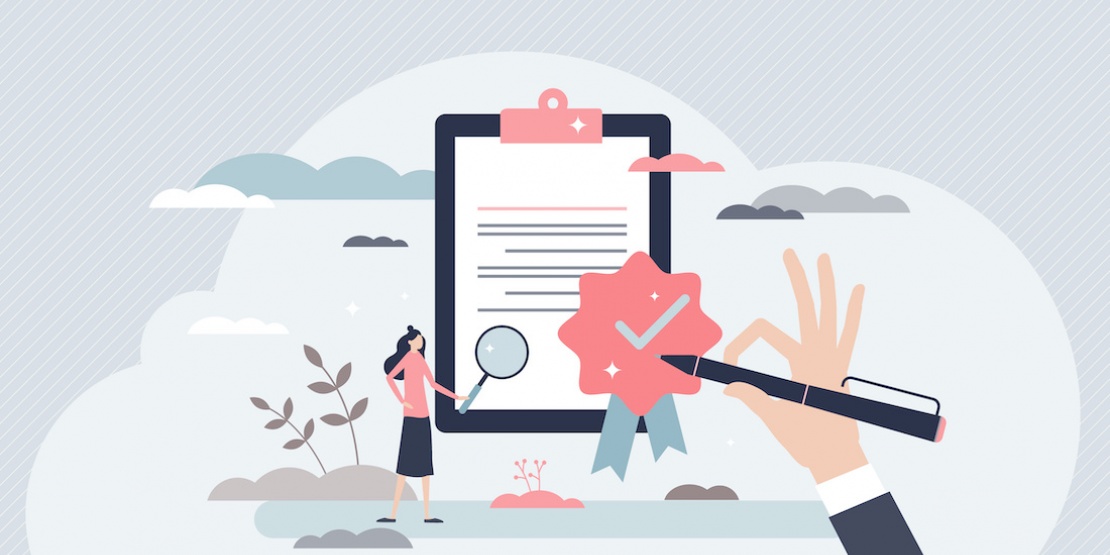The "Relations Fournisseurs et Achats Responsables" (responsible supplier relations) label adds real value to companies and truly helps set them apart. In fact, the issue of sustainable procurement speaks to a company's customers as much as it does its suppliers.
A recent white paper[1], published jointly by EcoVadis[2] and the Grenoble École de Management business school[3], identifies three best practices to help companies embrace the Charter for responsible supplier relations and earn its certification label:
The sustainable procurement label is a collective undertaking
The responsible supplier relations label recognises companies that have demonstrated a degree of maturity in terms of sustainable procurement and a clear willingness to further strengthen the balance of their relationships with suppliers.
Awarded for three years, this label recognises in particular:
- Alignment of procurement practices with the company's CSR strategy
- The organisation's diligence in ensuring follow-through on its commitments
- The quality of the tools for measuring and managing sustainable procurement policy, as well as any related improvement plans
However, the sustainable procurement maturity at the root of the study requires a commitment from departments other than procurement. The panel of procurement experts consulted stressed the importance of collective ownership at a company level.
Furthermore, specialist resources are needed to maintain the shared impetus. For example:
- A multidisciplinary team
- Reliable procurement data
- The commitment of general management
- A move towards a project-focused way of working
A straightforward approach to the sustainable procurement label
The second best practice for securing the responsible supplier relations label is to adopt a straightforward approach. In other words, an approach that is simple, clearly defined and adapted to the company's organisational structure. This approach should also be iterative, with each success helping to prepare for the next one.
For a small or medium-sized business, for example, the spotlight is on:
- The situation prior to the implementation of the certification process and what already complies
- Defining a small number of priority actions
In general, the most significant risk the panel warns against is moving too fast. Whatever its size, a company needs an agile purchasing department that knows how to manage a long-term project.
The sustainable procurement label's pioneers and how they can help
When all is said and done, the responsible supplier relations label reaches way beyond the company. That is why its pioneers are particularly insistent on transparency of the approach within the ecosystem.
This will mean that a certified company is immediately ready to act across all the value chains it is involved with. In a way, the label is reciprocal. This is true at least in a B2B context, with each company acting in turn as customer and supplier.
The idea of sponsorship is also outlined in a section of the white paper. This calls on certified companies to:
- Promote the label to their key stakeholders as part of a stronger customer/supplier relationship
- Become ambassadors of best practices and the spirit of the label
- Provide practical support, for example through a mock audit of candidates
In conclusion, although winning the responsible supplier relations label is no mean feat, a procurement department's powers of persuasion are its first key to success. Everything depends on an ecosystem, both inside and outside the company.
Sustainable procurement and, more broadly, CSR represent a real case for getting it right when multiple obstacles threaten to disrupt the supply chain. To learn more on this topic, take a look at the article by Julie Dang Tran, Managing Director of Manutan France: The reality of CSR as told by chief procurement officers.
[1] De la Charte au Label "Relations Fournisseurs et Achats Responsables": une démarche de progrès créatrice de valeur (From the "Responsible supplier relations" charter to the label: An improvement process that adds value) — Written and coordinated by Hugues Poissonnier








